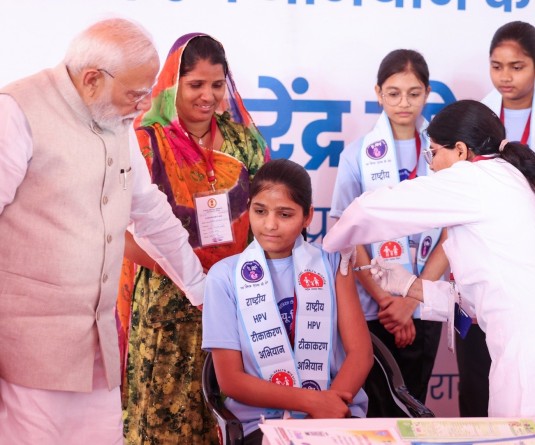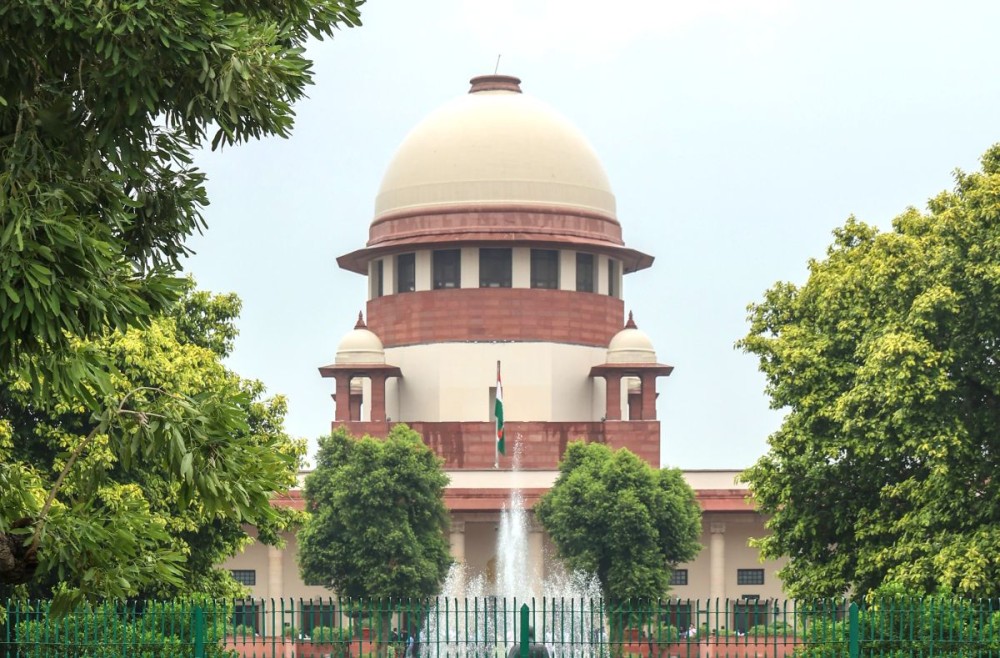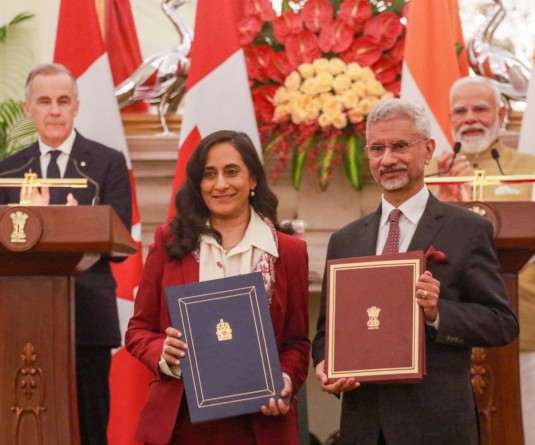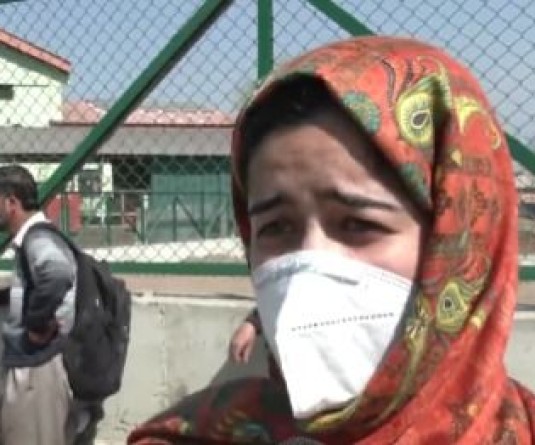
NEW Delhi, May 24(Agencies): Activists against graft have often pointed out that even the threat of jail hardly serves as a deterrent for a corrupt person, as he can enjoy his ill-gotten gains after he completes his sentence. Now, that could be set to change. Assets amassed through corrupt means by a public servant will be frozen during investigation and liquidated on his being proved guilty, if the proposed Lokpal bill comes through. The drafting committee on Monday agreed that assets obtained through corrupt means will be confiscated to make good any loss to the exchequer.
Sources said that in case of a complaint of corruption, the Lokpal can order an “interdiction”, that is an order preventing the public servant from transferring any asset. At the conclusion of the investigation, if the person is convicted for corruption, the court will have to decide what is the loss caused to the government and allocate that loss to the guilty party. Civil society sources said that the government in principle had agreed to this proposal but modalities needed to be worked out and there were still certain reservations on the timing of this “confiscation” of property. The committee hammering out the anti-corruption legislation also agreed that any assets owned by a public servant that have not been declared but found later, will be considered obtained through corrupt means. The onus will be then on the individual to prove otherwise.
Government sources said, “We have agreed that if a public servant has amassed wealth through corrupt means and it is proved so, then the assets will be confiscated.” The Lokpal will have powers to give appropriate directions to prevent destruction of records during investigations and prevent the public servant from secreting assets allegedly acquired by him through corrupt means. Issues like whether to include judiciary and the Prime Minister’s Office ( PMO) in the ambit of the law were, however, not discussed and could come up in the meeting on May 30. The Lokpal committee also agreed that the Lokpal will have the power to verify assets declared by elected political representatives with his declared source of income in his tax returns.
Speaking about the meeting HRD minister Kapil Sibal said the committee also decided to meet more frequently -- at least once a week, with more meetings if required. The minister said that there was also an agreement in the meeting that the Lokpal will have power to look into any matter of corruption against public servants. Prominent lawyer Prashant Bhushan said there was agreement on many issues raised by the civil society members and on some other issues the government had conveyed its “in-principle” acceptance but wanted more discussions on finer aspects. He said though the basic principles of the powers of Lokpal bill were “non-negotiable”, the civil society members were “open for discussion” on details of the Bill. “The basic idea is to have an empowered Lokpal, which will have full autonomy, independence from the government and which will have powers to investigate complaints of corruption, prosecute all public servants. This principle is non-negotiable,” he said.
Sources said that in case of a complaint of corruption, the Lokpal can order an “interdiction”, that is an order preventing the public servant from transferring any asset. At the conclusion of the investigation, if the person is convicted for corruption, the court will have to decide what is the loss caused to the government and allocate that loss to the guilty party. Civil society sources said that the government in principle had agreed to this proposal but modalities needed to be worked out and there were still certain reservations on the timing of this “confiscation” of property. The committee hammering out the anti-corruption legislation also agreed that any assets owned by a public servant that have not been declared but found later, will be considered obtained through corrupt means. The onus will be then on the individual to prove otherwise.
Government sources said, “We have agreed that if a public servant has amassed wealth through corrupt means and it is proved so, then the assets will be confiscated.” The Lokpal will have powers to give appropriate directions to prevent destruction of records during investigations and prevent the public servant from secreting assets allegedly acquired by him through corrupt means. Issues like whether to include judiciary and the Prime Minister’s Office ( PMO) in the ambit of the law were, however, not discussed and could come up in the meeting on May 30. The Lokpal committee also agreed that the Lokpal will have the power to verify assets declared by elected political representatives with his declared source of income in his tax returns.
Speaking about the meeting HRD minister Kapil Sibal said the committee also decided to meet more frequently -- at least once a week, with more meetings if required. The minister said that there was also an agreement in the meeting that the Lokpal will have power to look into any matter of corruption against public servants. Prominent lawyer Prashant Bhushan said there was agreement on many issues raised by the civil society members and on some other issues the government had conveyed its “in-principle” acceptance but wanted more discussions on finer aspects. He said though the basic principles of the powers of Lokpal bill were “non-negotiable”, the civil society members were “open for discussion” on details of the Bill. “The basic idea is to have an empowered Lokpal, which will have full autonomy, independence from the government and which will have powers to investigate complaints of corruption, prosecute all public servants. This principle is non-negotiable,” he said.






